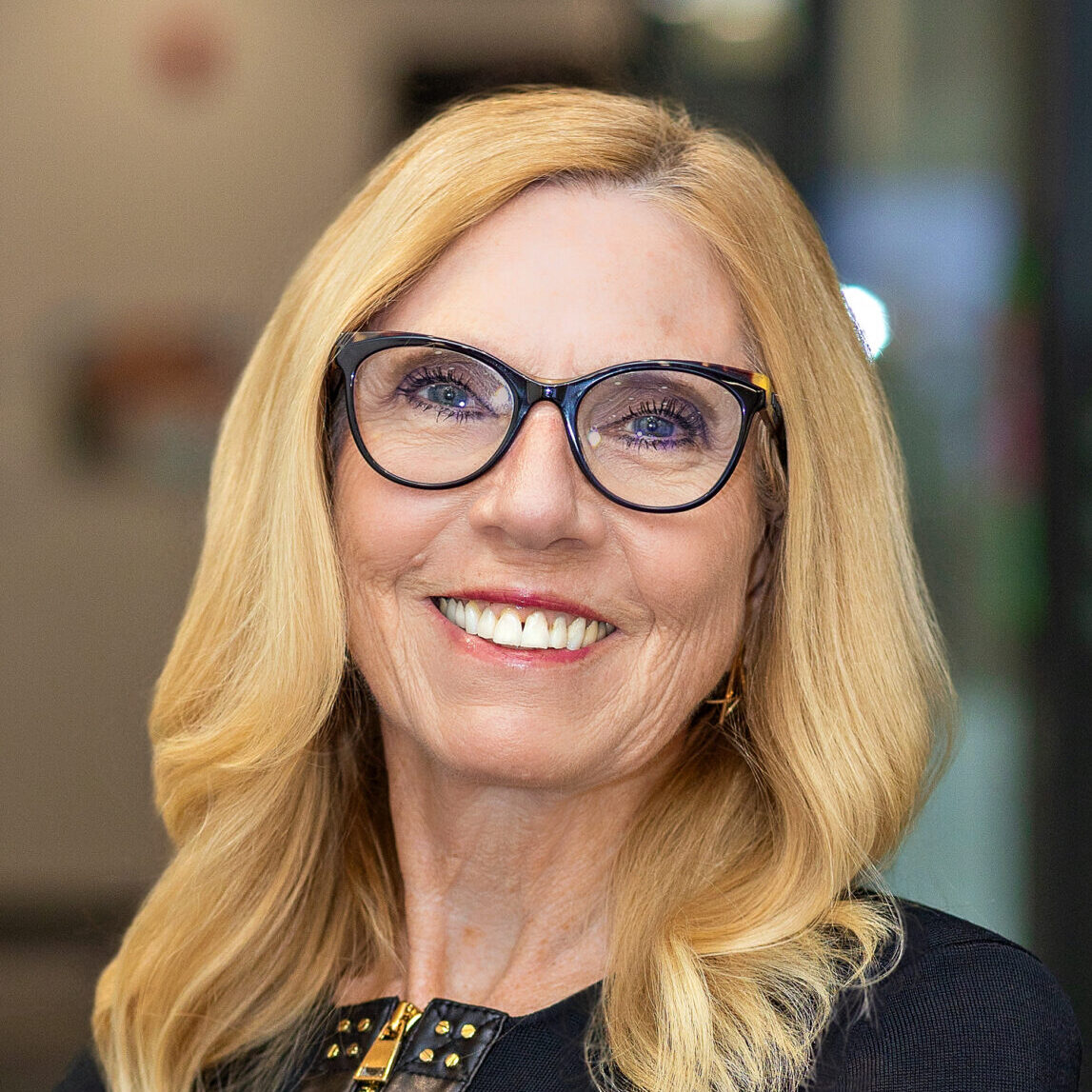“People have disproportionate access to rest, and the ability to rest is an indicator of privilege. Working for justice requires refueling.”
“People have disproportionate access to rest, and the ability to rest is an indicator of privilege. Working for justice requires refueling.”
Suma Karaman Rosen
InsideOut Literary Arts
Suma Karaman Rosen
InsideOut Literary Arts
2023
MILLER
FELLOWS
2023
MILLER
FELLOWS
Allandra Bulger
Allandra Bulger
Executive Director
Co.act Detroit
“We know what the solutions are. Define them. Say them out loud and let’s engage in action-oriented dialogue. The philanthropic community needs to understand the load nonprofit leaders are carrying as well as the power dynamics their practices are perpetuating.”
Angela Reyes
Angela Reyes
Executive Director
Detroit Hispanic Development Corporation
“Everyone deserves beautiful things, to rest, and to be healthy. When you’re in the middle of work, you don’t take the time to see the physical and mental toll it’s taking on you.”
Ashley Atkinson
Ashley Atkinson
Co-Director
Keep Growing Detroit
“The time and space my sabbatical afforded me made one thing crystal clear: the work we are doing together is crucial and timely. I’m certain there is no other work more significant or impactful for me to pursue than what I have the privilege of doing every single day.”
Allandra Bulger
Allandra Bulger
Executive Director
Co.act Detroit
“We know what the solutions are. Define them. Say them out loud and let’s engage in action-oriented dialogue. The philanthropic community needs to understand the load nonprofit leaders are carrying as well as the power dynamics their practices are perpetuating.”
Angela Reyes
Angela Reyes
Executive Director
Detroit Hispanic Development Corporation
“Everyone deserves beautiful things, to rest, and to be healthy. When you’re in the middle of work, you don’t take the time to see the physical and mental toll it’s taking on you.”
Ashley Atkinson
Ashley Atkinson
Co-Director
Keep Growing Detroit
“The time and space my sabbatical afforded me made one thing crystal clear: the work we are doing together is crucial and timely. I’m certain there is no other work more significant or impactful for me to pursue than what I have the privilege of doing every single day.”
Christine Bell
Christine Bell
Executive Director
Urban Neighborhood Initiatives
“For years, I had a second job to care for my family, while doing this work that I deeply love. I did not realize how tired I was and how much this impacted every decision that I made. To do this work in a sustainable way, rest is critical.”
Courtney Smith
Courtney Smith
President & CEO
Detroit Phoenix Center
“One of my biggest takeaways from this whole sabbatical process is that I am worthy to care for myself in this way. It has been transformational.”
Derek Aguirre
Derek Aguirre
President and CEO
Racquet Up Detroit
“Until you are given permission to do it, you don’t actually really rest. Leaders in the sector are always in a scarcity mindset, with not enough time, people, or boundaries. If the sector were more resourced, organizational leadership would be better able to find balance.”
Christine Bell
Christine Bell
Executive Director
Urban Neighborhood Initiatives
“For years, I had a second job to care for my family, while doing this work that I deeply love. I did not realize how tired I was and how much this impacted every decision that I made. To do this work in a sustainable way, rest is critical.”
Courtney Smith
Courtney Smith
President & CEO
Detroit Phoenix Center
“One of my biggest takeaways from this whole sabbatical process is that I am worthy to care for myself in this way. It has been transformational.”
Derek Aguirre
Derek Aguirre
President and CEO
Racquet Up Detroit
“Until you are given permission to do it, you don’t actually really rest. Leaders in the sector are always in a scarcity mindset, with not enough time, people, or boundaries. If the sector were more resourced, organizational leadership would be better able to find balance.”
Kimberly Johnson
Kimberly Johnson
President & CEO
Developing K.I.D.S.
“Opportunities like the Miller Fellowship advance justice and will help keep people in the field. We already know what we need to rest. The Fund supported us with resources to do so, while trusting us to design our sabbatical plans ourselves. They should challenge other funders to do the same.”
Suma Karaman Rosen
Suma Karaman Rosen
Executive Director
InsideOut Literary Arts
“Foundations should say the answer is yes and invite a conversation — instead of making us answer lengthy questions, instead of making us worry. Remove unnecessary steps in the process. Make reporting easier. People on the ground doing the work are tired. Foundations have the power to make these changes — the whole process could be better for everyone involved.”
Yodit Mesfin Johnson
Yodit Mesfin Johnson
President and CEO
Nonprofit Enterprise at Work (NEW)
“Let’s be clear: those being denied rest, well-being, and the opportunity to thrive are Black and Brown women, and workers in our sector — the very people who held our communities together through the pandemic for nickels on the dollar. Our people and communities can only achieve better outcomes when rest and well-being are prioritized. We are exhausted — and that is an injustice.”
Kimberly Johnson
Kimberly Johnson
President & CEO
Developing K.I.D.S.
“Opportunities like the Miller Fellowship advance justice and will help keep people in the field. We already know what we need to rest. The Fund supported us with resources to do so, while trusting us to design our sabbatical plans ourselves. They should challenge other funders to do the same.”
Suma Karaman Rosen
Suma Karaman Rosen
Executive Director
InsideOut Literary Arts
“Foundations should say the answer is yes and invite a conversation — instead of making us answer lengthy questions, instead of making us worry. Remove unnecessary steps in the process. Make reporting easier. People on the ground doing the work are tired. Foundations have the power to make these changes — the whole process could be better for everyone involved.”
Yodit Mesfin Johnson
Yodit Mesfin Johnson
President and CEO
Nonprofit Enterprise at Work (NEW)
“Let’s be clear: those being denied rest, well-being, and the opportunity to thrive are Black and Brown women, and workers in our sector — the very people who held our communities together through the pandemic for nickels on the dollar. Our people and communities can only achieve better outcomes when rest and well-being are prioritized. We are exhausted — and that is an injustice.”
THE CALL
Why Prioritize Nonprofit Wellness and Thriving?
Philanthropy leans far too heavily on our nonprofit leaders. We count on their commitment, rely on their energy, and laud their ingenuity, while simultaneously demanding they prove their worth year after year. We expect so much from them, and we rarely honor and protect their individual humanity.
Nonprofit leaders and their teams form the infrastructure driving social change. Without ceasing, they simultaneously move their community’s visions forward and meet community needs, while swimming against constant currents of racism and oppression. They are relentless, and they are also exhausted. They deserve to experience the dignity of rest.
We at the McGregor Fund are listening closely and now understand our commitment to racial equity and justice must prioritize the well-being of the professionals we, and the rest of philanthropy, rely on to advance our missions. As we continue to learn from our partners and evolve, we call on our peers to do the same.
Philanthropy leans far too heavily on our nonprofit leaders. We count on their commitment, rely on their energy, and laud their ingenuity, while simultaneously demanding they prove their worth year after year. We expect so much from them, and we rarely honor and protect their individual humanity.
Nonprofit leaders and their teams form the infrastructure driving social change. Without ceasing, they simultaneously move their community’s visions forward and meet community needs, while swimming against constant currents of racism and oppression. They are relentless, and they are also exhausted. They deserve to experience the dignity of rest.
We at the McGregor Fund are listening closely and now understand our commitment to racial equity and justice must prioritize the well-being of the professionals we, and the rest of philanthropy, rely on to advance our missions. As we continue to learn from our partners and evolve, we call on our peers to do the same.
OUR RESPONSE

Kate Levin Markel
President, McGregor Fund

Joyce E. Jenereaux
Chairperson
OUR RESPONSE

Kate Levin Markel
President, McGregor Fund

Joyce E. Jenereaux
Chairperson
OUR GRANT PARTNERS HAVE ASKED US TO LISTEN, TO TRUST, AND TO ACT. WE CALL ON OUR FUNDING COLLEAGUES TO JOIN US AS WE RESPOND.
Rest is not only for a privileged few. It is a key to liberation for all.
Nonprofit leaders and their teams are exhausted. They move their community’s visions forward, and ceaselessly support their communities through crises, because that is what the work requires.
BIPOC leaders are expected to do more at every turn while receiving less access to funding and opportunities for rest.
Philanthropy must support nonprofit leaders in acquiring the means and time to pursue self-care, for their own — and their teams’ — well-being.
Philanthropy must remove all default practices that perpetuate burnout, including excessive application and reporting requirements that are burdensome, extractive, and unnecessary.
For philanthropy to embrace racial justice in grantmaking, it must also embrace just practices in its requirements and decision-making.
It is time for us to be bold and vocal. To care for one another through action. To push forward for racial and economic justice, together.
OUR GRANT PARTNERS HAVE ASKED US TO LISTEN, TO TRUST, AND TO ACT. WE CALL ON OUR FUNDING COLLEAGUES TO JOIN US AS WE RESPOND.
Rest is not only for a privileged few. It is a key to liberation for all.
Nonprofit leaders and their teams are exhausted. They move their community’s visions forward, and ceaselessly support their communities through crises, because that is what the work requires.
BIPOC leaders are expected to do more at every turn while receiving less access to funding and opportunities for rest.
Philanthropy must support nonprofit leaders in acquiring the means and time to pursue self-care, for their own — and their teams’ — well-being.
Philanthropy must remove all default practices that perpetuate burnout, including excessive application and reporting requirements that are burdensome, extractive, and unnecessary.
For philanthropy to embrace racial justice in grantmaking, it must also embrace just practices in its requirements and decision-making.
It is time for us to be bold and vocal. To care for one another through action. To push forward for racial and economic justice, together.
“Listen to and trust what the people directly impacted by issues are saying. Design with them, not for them — transparently. Set goals
that are audacious, even absurd, and then pursue them, together. Invest in transformation, not incremental change.”
Yodit Mesfin Johnson
Nonprofit Enterprise at Work
“Listen to and trust what the people directly impacted by issues are saying. Design with them, not for them — transparently. Set goals
that are audacious, even absurd, and then pursue them, together. Invest in transformation, not incremental change.”
Yodit Mesfin Johnson
Nonprofit Enterprise at Work












